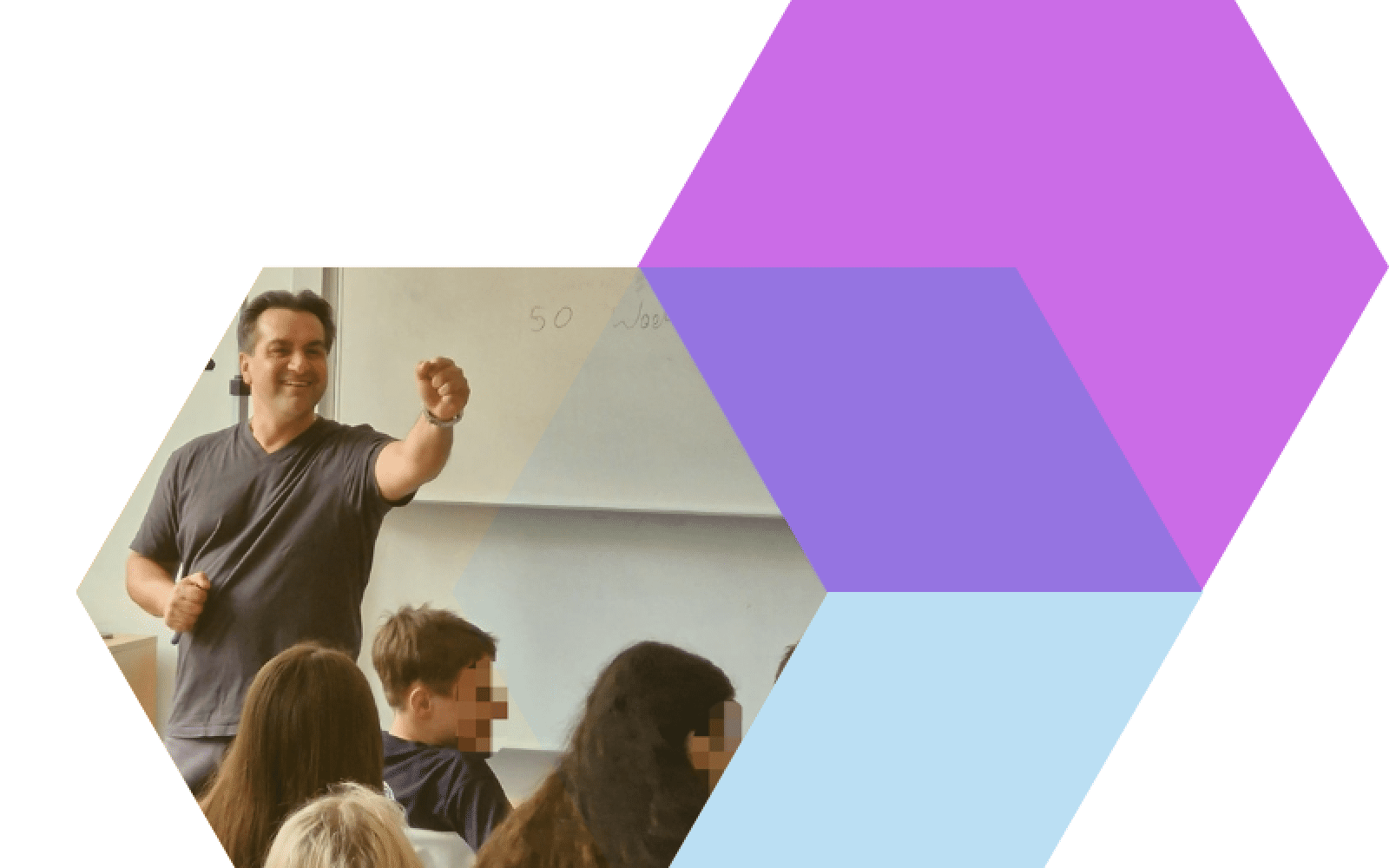Editor's note: This post was written by Alison Craiglow Hockenberry, contributing editor at Ashoka Changemakers®, and originally featured on the Idea exChange Blog.
It's a duel, quite possibly to the death. The bad guys: Censorship, surveillance, sabotage, fraud. The good guys: Freedom, access to information, quality of information, privacy, and security. The venue: the Internet. The stakes: Couldn't be higher.
Fighting for the bad guys: tyrants, police states, oligarchs, and quite a few unknowns. Fighting for the good guys: innumerable innovators, optimists, activists, and visionaries around the world who are creating the technologies and tools to build a world where everyone has access to the information they need to be effective, change-making citizens.
The winners, and a few dozen of the other most compelling entries, are part of an interactive Citizen Media toolkit for fellow innovators, investors, and citizens to explore and support the citizen media tools that are changing the world now. It also features a wealth of new insights via expert commentary, the Citizen Media Innovation Guide, and blog posts. The innovations are searchable by the values they advance:
Freedom, access, quality, privacy and security.
What's especially intriguing is how these values may intersect and even clash, because in reality, a Good Guy vs. Bad Guy battle is, of course, an overly simplistic contrivance. One person's access is another person's invasion of privacy; one person's freedom is another person's sabotage.
"Over time, certain innovations may advance access and freedom while compromising quality and privacy," notes Ashoka News and Knowledge program director Keith Hammonds. "In fact, the values are regularly in conflict with each other."
So, he asks, "How do we accommodate technology and advance user needs while preserving freedom, access, quality, and privacy?"
When it comes to citizen journalism, for example, how do you open opportunities for everyone to be a reporter while also maintaining the quality of information? Meedan Swift has figured out a solution.
"In the Meedan Swift digital newsroom, journalists from Egypt's leading daily publications will work alongside trained citizen editors to find, corroborate, tag and publish the best citizen journalism being posted across Egypt," explains program manager Tom Trewinnard.
Meedan Swift is preparing for unprecedented freedom in media coverage of the upcoming elections in Egypt. "Citizen journalists are often those best placed to report on the election and events as they occur across the country, posting rich images, sound, and video that adds crucial detail to a picture often painted in broad, Cairo-centric strokes by the national and international media," he says.
It's one solution to the vigorous push and pull of competing values inherent in this rapidly changing information landscape. Other solutions, available on the toolkit, are fascinating to browse. Whether it's bringing the rural poor into the conversation or holding the rich and powerful to their promises, there are almost as many questions as there are answers.
There's no need to introduce you to the bad guys here. You already know many of them, and can read about them all over Huffington Post on any given day. What I want to do is introduce you to some of the good guys -- good guys who also happen to be winners of the Google-supported Citizen Media competition:
• FreedomBox a start-up creating a tool that allows for private, anonymous and secure communication, anywhere in the world.
• CrowdVoice.org is a Bahrain-based initiative that offers a new way to view, share, moderate, and organize information about human rights movements and demonstrations.
• InSTEED is a crowdsourcing model in which anyone can contribute pieces of information, resulting in the creation of a larger picture made up of a mosaic of bites of information.
• 5th Pillar is an initiative seeking transparency and accountability in governance through the used of mobile phones.
These four initiatives demonstrate the scope of innovation that is reaching and engaging people, no matter how remote or repressed, and changing the equation in almost every sphere imaginable, from politics and journalism to economics and development. They are the winners of the Citizen Media competition, supported by Google with Ashoka Changemakers, which pulled in 426 entries from 75 countries. Five entrants will be chosen separately for prestigious Ashoka fellowships.
"What's permanent and true amid this rapid flux is the foundational connection between effective flows of information and effective citizenship," Hammonds explains. "People who know what is happening around them -- who fully understand the workings of government, the power of business, the challenges faced by society and the environment, and the resources at their disposal -- are equipped and empowered to make change."
